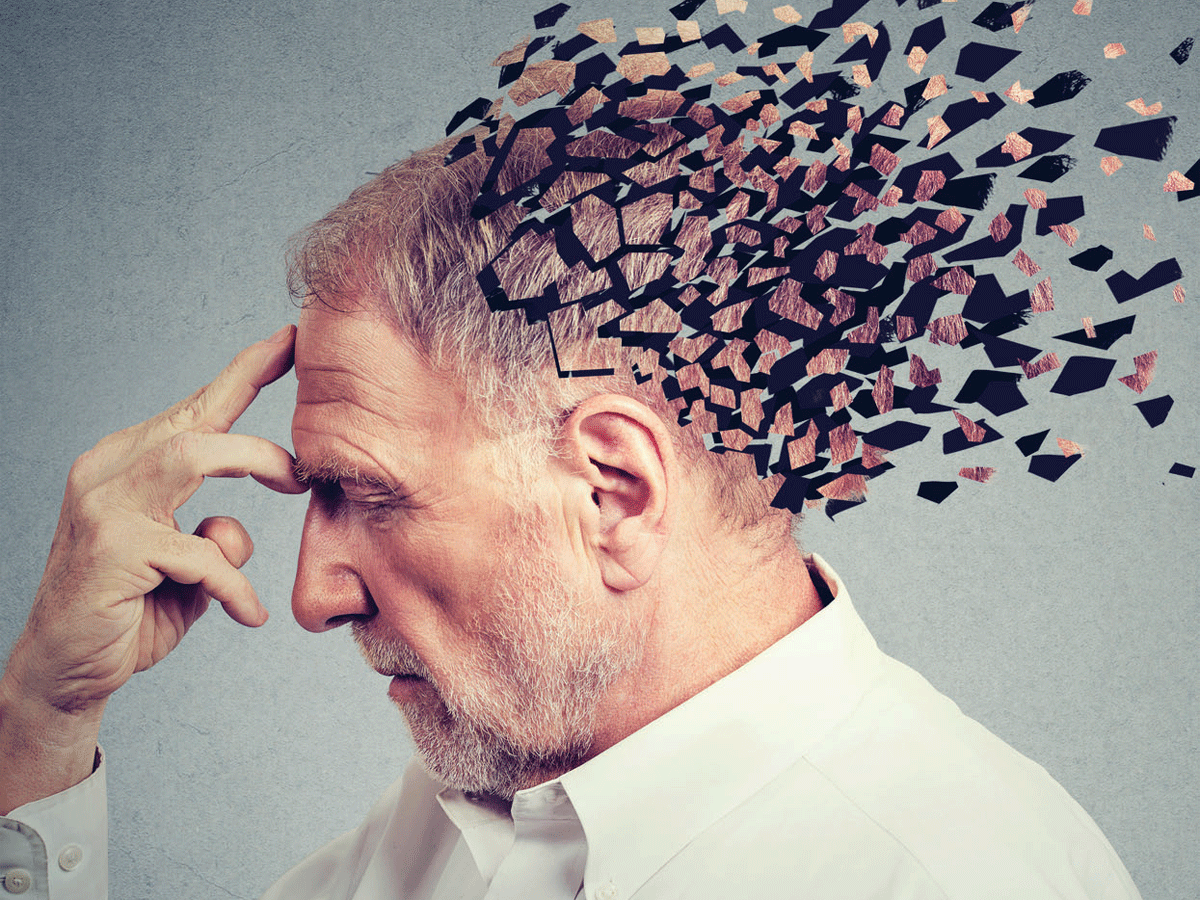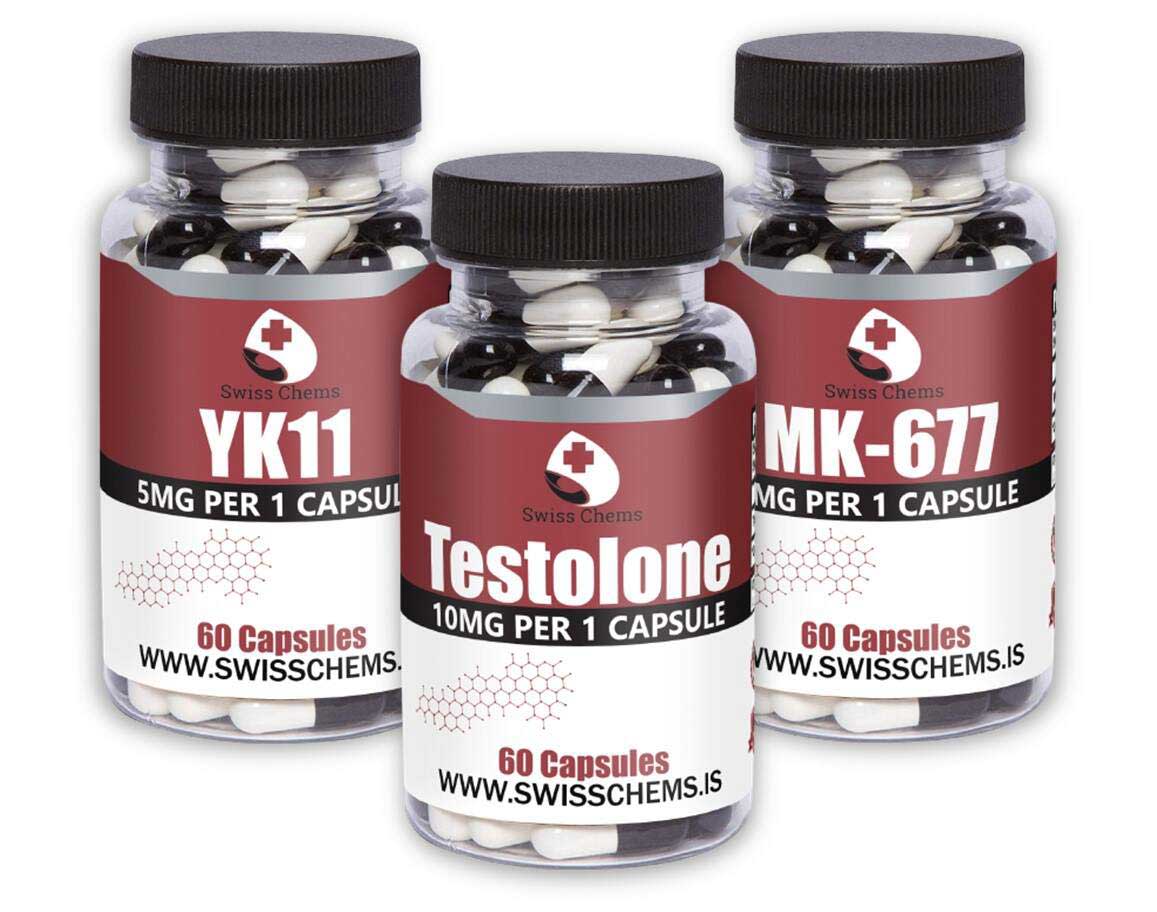A new study out of the UK has shown that low testosterone is associated with increased risk of dementia in men.
Nearly 160,000 men were part of the study, which confirms previous evidence suggesting that low levels of androgens (male hormones) could play a role in the onset of dementia in men.
For this reason, SARMs (selective androgen receptor modulators) have been suggested as a potential treatment for dementia, and we’ll explore this potential treatment after we discuss the results of the study.

Dementia and testosterone: a new large-scale study

The study drew on extensive data from the UK Biobank prospective cohort study.
Serum total testosterone and SHBG (sex-hormone binding globulin), a protein that binds to sex hormones, were measured by immunoassay. The incidence of dementia and Alzheimer’s disease (AD) was recorded.
In 159,411 community-dwelling men (median age 61, followed for 7 years), 826 developed dementia, including 288 from AD.
Lower total testosterone was associated with a higher incidence of dementia (overall trend: P = .001, lowest vs highest quintile: hazard ratio [HR] = 1.43, 95% confidence interval [CI] = 1.13-1.81), and AD (P = .017, HR = 1.80, CI = 1.21-2.66).
Lower SHBG was associated with a lower incidence of dementia (P < .001, HR = 0.66, CI = 0.51-0.85) and AD (P = .012, HR = 0.53, CI = 0.34-0.84).
The study shows clearly that low total testosterone and high SHBG levels are independently associated with incidence of dementia and Alzheimer’s in older men.
These results back up earlier research into the relationship between low androgen levels in men and risk of dementia. As a result of this earlier work, it had already been suggested that SARMs could be used as a future treatment for dementia.
Let’s take a look at this potential treatment in more detail.
SARMs and dementia
It has been known for some time that androgen depletion is a significant risk factor for Alzheimer’s disease. As one review article on SARMs explains:
‘Hypogonadal men [i.e. men with low testosterone] demonstrate a decrease in various cognitive processes, including episodic memory, working memory, processing speed, visual spatial processing and executive function. These functions are partially regulated by regions of the brain that are modulated by the AR [i.e. androgen receptors.]’
One study involved a sub-analysis of the Baltimore Longitudinal Study of Aging, which followed 407 men without dementia over a mean period of almost ten years. The sub-analysis, which considered the relationship between measured hormonal levels and the performance of the subject during a battery of physical and mental tests, showed that higher levels of free testosterone were associated ‘with better scores on visual and verbal memory, visuospatial functioning, visual-motor scanning and a reduced rate of longitudinal decline in visual memory’.
It has been shown that ‘circulating testosterone levels are inversely correlated with levels of Amyloid β(Aβ) in the brains of aged men.’ Aβ is an essential constituent of the plaques which form in the brains of people, and the SARM NEP28, like other androgens, has been shown to upregulate the expression of neprilysin, which works to degrade Aβ.
SARMs, or selective androgen receptor modulators, are a relatively new class of chemical compound most of which were initially developed for the purpose of aiding patients suffering from the effects of muscle and bone wastage. Muscle wastage, or cachexia, accompanies a wide variety of conditions, including cancer and its treatment, HIV, immobilization and glucocorticoid use. Bone wastage, or osteoporosis, may also be caused by some forms of cancer or cancer treatment, as well as dietary deficiencies and aging.
Because SARMs have been put to use by athletes as performance-enhancing drugs, it is easy to forget the original medical purpose for which these compounds were developed. The use of SARMs by athletes first became a concern around the Beijing Olympics in 2008, when the use of cardarine was flagged by authorities and a test was rapidly developed to detect its presence in an athlete’s urine.
SARMs induce anabolic activity – that is, growth – by directly stimulating the body’s androgen receptors, in particular. These are specific sites within the body to which androgenic (i.e. male) hormones, including testosterone and androsterone, bind.
The activity of these androgen receptors, and the binding of androgens to them, is crucial to the proper expression of male characteristics, including muscle growth and reproductive function. In the womb, androgens are responsible for sexual differentiation, and then during puberty they regulate the development and function of the penis, prostate and other sexual organs, as well as inducing growth spurts, larynx development and growth of skeletal muscle.
For adults, androgens regulate behaviour, the production of sperm, muscle growth, bone function and aspects of the cardiovascular system. Androgens regulate sexual function and are responsible, in part, for aggressive behaviour in men. As a result, disregulation or blocking of the androgen receptors can lead to a variety of conditions.
As the role of testosterone in cognition and brain health begins to be appreciated more and more, it is likely that SARMs could play a role in the treatment of dementia, as well as the other conditions, such as muscle wasting, for which the drugs were first developed.
Their selectivity may prove to make SARMs very versatile indeed.


Don’t hesitate to email us at [email protected] for personalized coaching and a client questionnaire if you’d like DEDICATED tailor-made personal training on strength training, building muscle, losing fat, developing athleticism, and more — all to your liking, lifestyle, habits, and taste!
Otherwise, don’t forget to claim your FREE eBook detailing how to lose 20lb of fat while building muscle in 12 weeks! You can claim it here.
Alternatively, you can pick up a FREE eBook on fundamental strength principles offering an introductory workout program.













